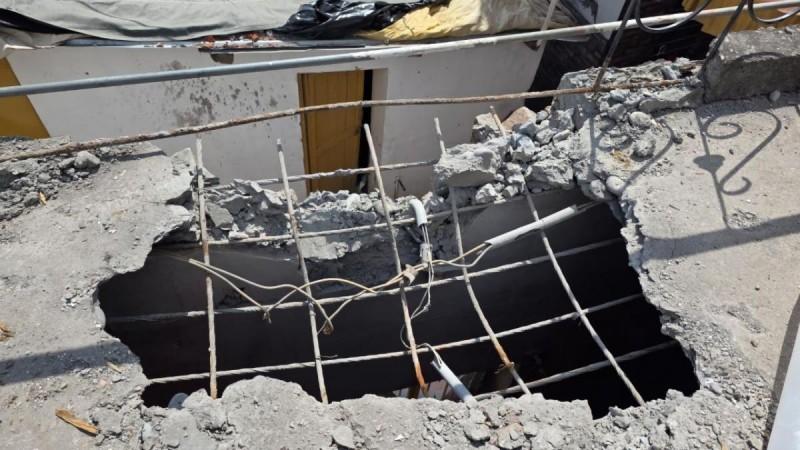
In the early hours of May 7, India launched Operation Sindoor, a series of targeted strikes on terror infrastructure in Pakistan and Pakistan-administered Kashmir, in response to a deadly terrorist attack in Pahalgam that left 26 civilians dead. What followed was a four-day exchange of heavy cross-border shelling that devastated lives along the Line of Control (LoC), including that of Amarjeet Singh, a retired army veteran and granthi from Poonch district, who was fatally injured while urging his neighbors to take cover.
When the shelling began near the Line of Control (LoC), Amarjeet Singh stood on his balcony in Poonch, just four kilometers from the Pakistan border, urging neighbors to seek shelter. Moments later, fragments from an incoming shell struck him in the chest, puncturing his lungs.
With narrow alleyways blocking ambulance access, his younger brother, Atinder Singh, carried Amarjeet through the streets to the nearest hospital. Doctors were able to remove two shrapnel fragments, but a third, lodged dangerously close to his heart, proved fatal.
Amarjeet, 49, was a former subedar in the Indian Army and had served for 18 years before retiring. He was working as a granthi at Gurdwara Sri Guru Singh Sabha in Poonch, where he performed religious duties and led prayers. He leaves behind his wife and two young children, including a nine-year-old daughter who, unaware of his death, was seen playing with cousins after the incident.
The attack occurred amid escalating tensions following a terrorist strike in Pahalgam on April 22 that killed 26 people, most of them Hindu pilgrims. In retaliation, India conducted strikes on terrorist infrastructure in Pakistan and Pakistan-administered Kashmir on May 7.
Amid the chaos in Poonch, residents described terrifying scenes of families, children, and even newborns being evacuated from hospital wards as explosions echoed nearby. "We heard nearly 30 blasts," Atinder Singh, 25, told International Business Times. "Doctors were afraid. Newborns had to be shifted to a safer ward."
The Jammu and Kashmir government announced an ex-gratia payment of Rs 10 lakh for the next of kin of those who died in the attacks. In Poonch, authorities also disbursed Rs 600,000 from the district Red Cross fund.

Lieutenant Governor Manoj Sinha visited the affected areas on May 21 and announced government jobs for the families of those killed in the shelling. During a subsequent visit to Poonch on May 30, Union Home Minister Amit Shah addressed personnel from the Border Security Force and met with bereaved families. "India's defense systems will only grow stronger in light of recent provocations," Shah said, referring to the May strikes and the resulting escalation.
For Amarjeet Singh's family, the trauma remains fresh. Their home, heavily damaged by the shelling, became uninhabitable during heavy rains. Like many others in the neighborhood, they sought shelter in the gurdwara where Amarjeet once served.
"We were having dinner and watching an IPL match the night before the attack," Atinder said to IBT. "The next morning, the shelling began. Amarjeet was telling everyone to stay inside. There was no shelter, very little food, and no safe place to go."
On the night of May 7, Indian forces-initiated shelling around 12:30 a.m., with retaliatory fire from across the border beginning around 2 a.m. and continuing until sunrise. That first night, their home was struck.
"We understand that border tensions can escalate, but there needs to be better preparedness," Atinder said. "The hospital did its best, but the government should have had plans in place for civilian casualties and displacement in these areas."
Although calm has returned to Poonch, recovery for many families remains a long road.
"Normal life is slowly resuming," Atinder said to IBT. "But emotionally and financially, it will take time. We lost our brother. We lived in fear every moment of those days. It's something we'll never forget."

















